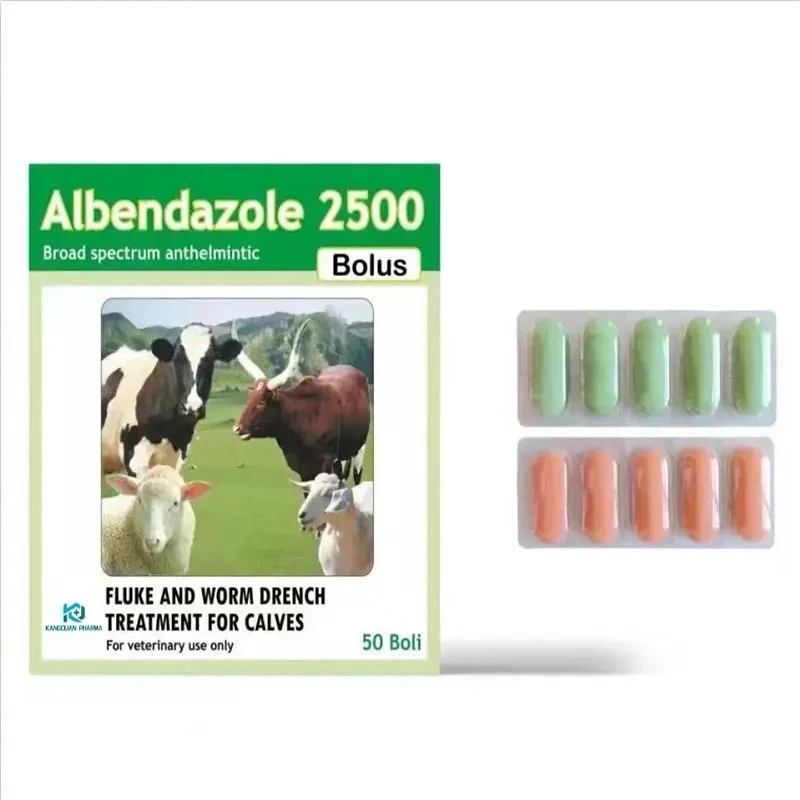- Afrikaans
- Albanian
- Amharic
- Arabic
- Armenian
- Azerbaijani
- Basque
- Belarusian
- Bengali
- Bosnian
- Bulgarian
- Catalan
- Cebuano
- Corsican
- Croatian
- Czech
- Danish
- Dutch
- English
- Esperanto
- Estonian
- Finnish
- French
- Frisian
- Galician
- Georgian
- German
- Greek
- Gujarati
- Haitian Creole
- hausa
- hawaiian
- Hebrew
- Hindi
- Miao
- Hungarian
- Icelandic
- igbo
- Indonesian
- irish
- Italian
- Japanese
- Javanese
- Kannada
- kazakh
- Khmer
- Rwandese
- Korean
- Kurdish
- Kyrgyz
- Lao
- Latin
- Latvian
- Lithuanian
- Luxembourgish
- Macedonian
- Malgashi
- Malay
- Malayalam
- Maltese
- Maori
- Marathi
- Mongolian
- Myanmar
- Nepali
- Norwegian
- Norwegian
- Occitan
- Pashto
- Persian
- Polish
- Portuguese
- Punjabi
- Romanian
- Russian
- Samoan
- Scottish Gaelic
- Serbian
- Sesotho
- Shona
- Sindhi
- Sinhala
- Slovak
- Slovenian
- Somali
- Spanish
- Sundanese
- Swahili
- Swedish
- Tagalog
- Tajik
- Tamil
- Tatar
- Telugu
- Thai
- Turkish
- Turkmen
- Ukrainian
- Urdu
- Uighur
- Uzbek
- Vietnamese
- Welsh
- Bantu
- Yiddish
- Yoruba
- Zulu
Nov . 24, 2024 11:23 Back to list
tylosin tartrate injection veterinary uses
Tylosin Tartrate Injection Veterinary Uses and Applications
Tylosin tartrate is a macrolide antibiotic that plays a significant role in veterinary medicine. Its primary applications revolve around the treatment and prevention of various bacterial infections in animals, particularly in livestock and poultry. This article explores the uses of tylosin tartrate injection in veterinary practices, highlighting its effectiveness, applications, and safety considerations.
One of the primary uses of tylosin tartrate is in the treatment of respiratory infections in swine. This type of infection can significantly impact the health and productivity of pigs, leading to economic losses for farmers. Tylosin exhibits strong activity against various Gram-positive bacteria and some Gram-negative bacteria, making it valuable in controlling pathogens responsible for respiratory diseases, such as Mycoplasma pneumonia.
In addition to respiratory conditions, tylosin tartrate is commonly employed to manage enteritis—a condition characterized by inflammation of the intestine—especially in poultry and porcine species. The antibiotic is effective against specific bacteria responsible for diarrhea and gastrointestinal disturbances, ensuring that affected animals recover swiftly and return to productivity. By addressing these infections, tylosin helps enhance feed efficiency and overall growth performance.
tylosin tartrate injection veterinary uses

Another notable application of tylosin tartrate injection is in treating certain skin infections and soft tissue infections in companion animals. While it is primarily designed for use in food-producing animals, veterinarians occasionally prescribe it for pets when standard antibiotics are either ineffective or not an option. The versatility of tylosin in affecting different bacterial strains can aid in managing specific infections, particularly in cases where culture and sensitivity results are not promptly available.
Tylosin tartrate’s role as a growth promoter has also been studied extensively. Although the practice of using antibiotics for growth promotion in food animals has come under scrutiny due to concerns over antibiotic resistance, tylosin has historically been used to enhance weight gain and feed efficiency. In some countries, tylosin is still authorized for use in animal feed, subject to strict regulations to ensure food safety and minimize the risk of resistance development.
However, it is essential for veterinarians and animal caregivers to use tylosin judiciously. As with all antimicrobial agents, inappropriate usage can contribute to the development of antibiotic-resistant bacteria. Consequently, it's critical to follow veterinary guidance and appropriate dosing regimens when administering tylosin tartrate injection to ensure both effectiveness and safety.
In conclusion, tylosin tartrate injection is a valuable tool in veterinary medicine, offering various applications in treating bacterial infections in livestock and companion animals. Its effectiveness against a range of pathogens, particularly in respiratory and gastrointestinal conditions, underscores its importance in maintaining animal health and productivity. As the industry moves towards responsible antibiotic use, tylosin remains a significant pharmaceutical agent, provided its application is monitored and regulated appropriately. Through careful management and research, veterinarians will continue to leverage tylosin’s therapeutic potential while safeguarding against the rise of antibiotic resistance.
-
Guide to Oxytetracycline Injection
NewsMar.27,2025
-
Guide to Colistin Sulphate
NewsMar.27,2025
-
Gentamicin Sulfate: Uses, Price, And Key Information
NewsMar.27,2025
-
Enrofloxacin Injection: Uses, Price, And Supplier Information
NewsMar.27,2025
-
Dexamethasone Sodium Phosphate Injection: Uses, Price, And Key Information
NewsMar.27,2025
-
Albendazole Tablet: Uses, Dosage, Cost, And Key Information
NewsMar.27,2025













